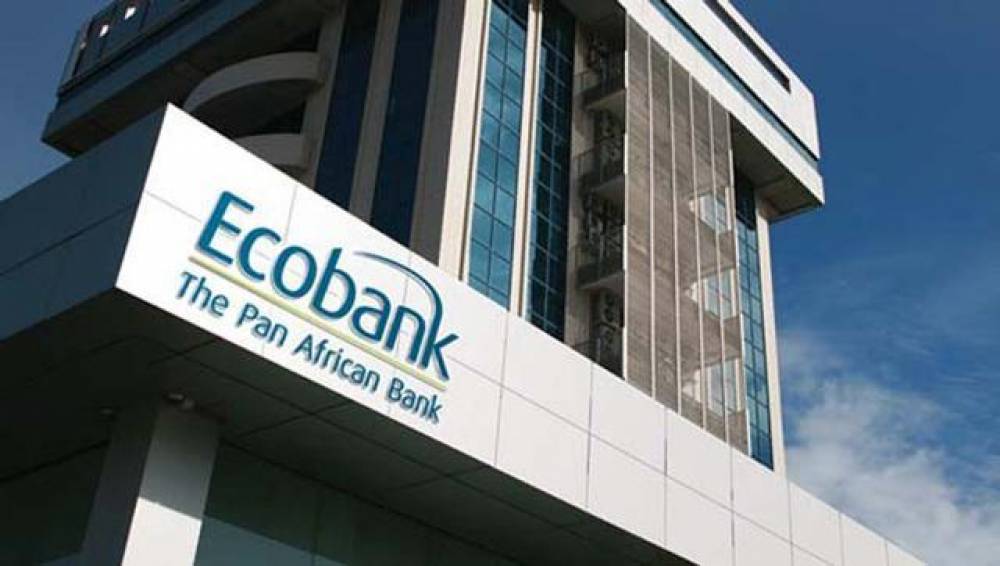
Ecobank And Microsoft Want To Help More African SMEs Become Digital Businesses
Ecobank and Microsoft want to help more African SMEs become digital businesses
Two factors accelerate the adoption of online business models in Africa: the covid-19 effect and mobile phone penetration.
Protracted lockdowns disrupted business supply chains, limiting demand and supply, as well as revenue streams. Adopting digital alternatives for offline business processes became a survival strategy.
According to the GSMA, Africa will have 614 million unique mobile subscribers by 2025, up from 477 million in 2019. Smartphone adoption is expected to reach 65 percent by the end of the year.
However, how many African businesses, particularly small and medium-sized enterprises (SMEs), have the necessary skills and resources to compete in this digital business landscape? Ecobank, through its Commercial Banking division, is assisting in addressing this issue.
“The COVID-19 pandemic has accelerated the transition to digital. Businesses must adapt in order to compete effectively in today's rapidly changing landscape," said Josephine Anan-Ankomah, Ecobank's Group Executive for Commercial Banking.
Ecobank is partnering with Microsoft, which has already partnered with LinkedIn and Github in a similar effort, to power Ecobank Academy, which will equip SMEs in Sub-Saharan Africa with the necessary digital skills.
This partnership is similar to the one between Digify Africa and Facebook, which provides graduates with free digital skill training, as well as the one between Google and Coursera, but it is completely free.
Ecobank's Commitment
“Ecobank Commercial Banking is committed to assisting small and medium-sized businesses across our pan-African footprint. We are offering training to equip business owners and their employees with the digital skills necessary to stay connected to their customers through this partnership with Microsoft, LinkedIn, GitHub, and Ecobank Academy. We are committed to ensuring the continued relevance, growth, and success of our SME customers in the post-COVID-19 era.” Josephine came to a conclusion.
Prior to the pandemic, a number of incentives encouraged the development of digital talents in Africa.
In 2016, Livity Africa, now Digify Africa, partnered with Google to develop one million digital talents in Africa. The partnership did not work out, and Digify Africa eventually partnered with Facebook. Similarly, over two million Africans have taken one or more courses with Google Digital Garage – a free online digital skills course that awards shareable micro-certificates.
These and numerous similar programs have contributed significantly to the development of digital capacity across the African continent, but there is still a sizable digital divide that needs to be bridged.
The program will cover the following ten skill sets: customer service; digital marketing; financial analysis; graphic design; information technology support/help desk; project management; sales; data analysis; and information technology administration.
These are some of the most in-demand skills on the market, particularly software development, project management, data analysis, and financial analysis, according to LinkedIn.
The programme is scheduled to conclude on December 31, 2021. Participants may enroll in and complete courses at their own pace and on their own schedule.
The partnership fits Microsoft's process and commitment to developing digital talent pipelines to support the future workforce.
“In addition to the future workforce, digital talent will support increased local innovation, as developers and entrepreneurs are empowered to create locally relevant solutions that best address African countries' challenges and needs,” said Ibrahim Youssry, regional general manager at Microsoft.
With the rise of remote work and increased demand for tech talent, digital training has the potential to help close gaps, particularly in emerging economies such as Africa with a young population.

